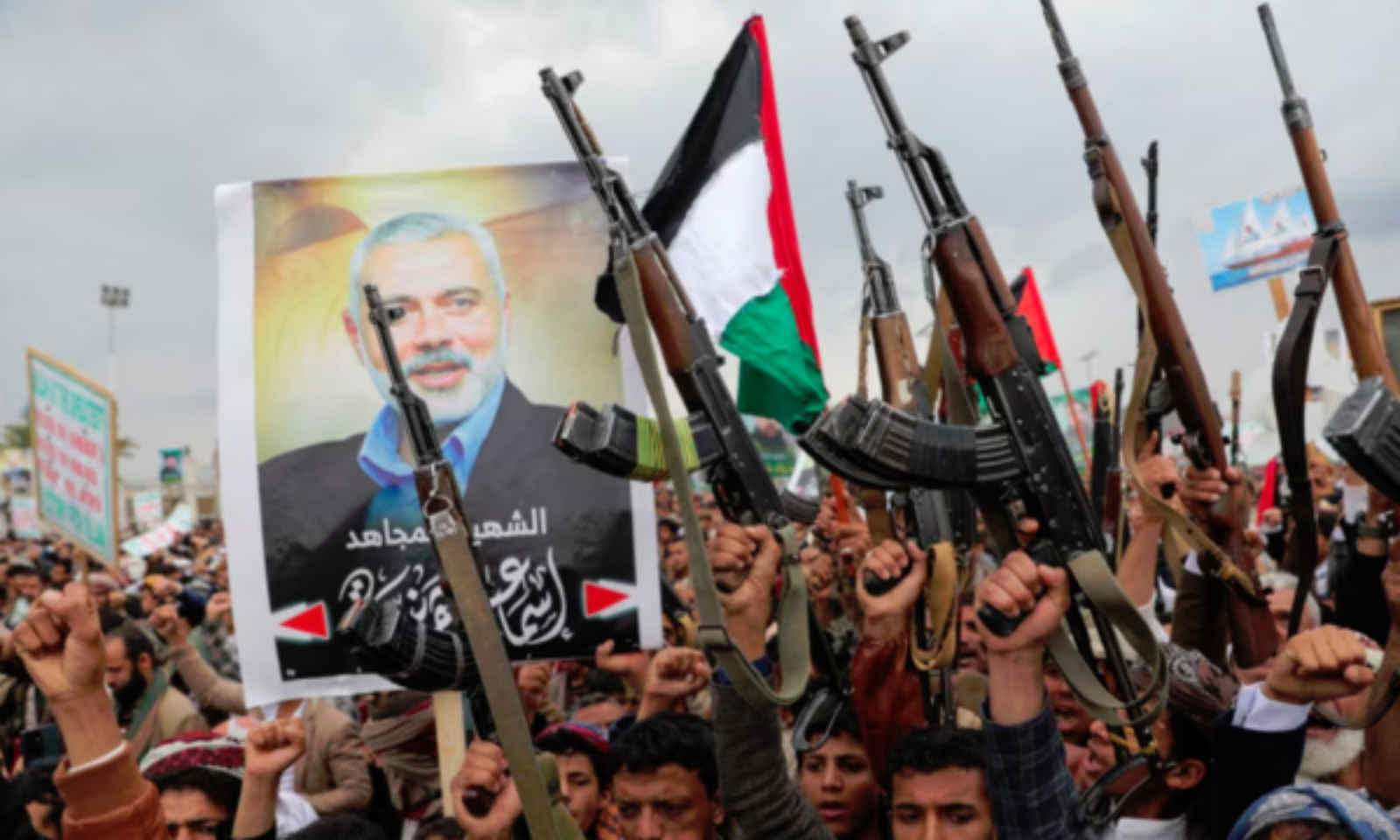Tensions in the Middle East have intensified as Western countries continued to urge their citizens to leave Lebanon amid concerns about an escalation of the conflict into a regional war. The tensions have increased following nearly 10 months of fighting in Gaza and the assassination of two leaders of militant groups Hezbollah and Hamas in separate attacks in Lebanon and Iran last week. These killings have prompted threats of retaliation from Iran.
At least 44 Palestinians were killed on Sunday by Israeli attacks in Gaza, according to health officials. An Israeli airstrike hit two schools in Gaza City on Sunday, killing at least 25 people, according to the official Palestinian news agency. The Israeli military stated that it targeted a Hamas military complex within the school premises. Additionally, an Israeli airstrike hit a tent camp within a hospital in central Gaza. Meanwhile, a Palestinian killed two people in a stabbing attack in the outskirts of Tel Aviv.
The Israeli military said the attacks targeted a Palestinian militant but subsequent explosions “indicated the presence of weaponry in the area.”
The Deir al-Balah hospital is the main medical facility operating in central Gaza, and thousands of people have taken refuge there after fleeing their homes in the war-torn territory. Another attack on a house near the hospital killed a girl and her parents, according to residents.
Meanwhile, a stabbing attack by a Palestinian killed two people in the outskirts of Tel Aviv. According to Israeli authorities, a woman in her 70s and an 80-year-old man were killed in the stabbing, and the attacker, described as a Palestinian militant, was “neutralized” by the police.
Tensions have risen following nearly 10 months of fighting in Gaza and the assassination of two leaders of militant groups Hezbollah and Hamas in separate attacks in Lebanon and Iran last week.
These attacks have increased fears of retaliation from Iran and its allies against Israel, as well as the possibility of a more destructive regional war.
France and Italy urged their citizens in Lebanon on Sunday to leave the country due to the risk of conflict escalation in the Middle East, according to their foreign ministries. The foreign ministries of these two countries also asked their citizens to temporarily leave Iran due to the risk of airspace closures.
Paris and Rome appear to be following the lead of Washington and London, which on Saturday also advised their citizens to leave Lebanon.
In another development, Jordanian Foreign Minister Ayman Safadi made a rare visit to Iran on Sunday, calling for an end to the escalation of violence and for the region to live in “peace, security, and stability.”
Safadi’s visit to Iran follows ongoing diplomatic contacts by the United States and its partners, including France, Britain, Italy, and Egypt, to prevent further escalation of the conflict.
The Pentagon announced late Friday that the U.S. military would deploy additional fighter jets to the Middle East and maintain an aircraft carrier in the region.
Israeli Prime Minister Benjamin Netanyahu said that Israel is prepared for any scenario, accusing the militant group Hamas of sabotaging negotiations.
“The State of Israel is in a multi-front war against the axis of evil led by Iran. We have struck hard at each of its arms. We are prepared for any scenario, both in defense and in attack. I repeat to our enemies: we will respond and strike precisely. Any act of aggression against us, from any front, will be met with a strong response,” he emphasized.
Hamas-led militants killed about 1,200 people, mostly civilians, and took around 250 hostages in their surprise attack in southern Israel last October.
Israel’s massive offensive in Gaza has resulted in the deaths of at least 39,550 Palestinians, according to the Hamas-run Ministry of Health, which does not distinguish between civilians and militants.
The war has also displaced the vast majority of Gaza’s 2.3 million residents.
In addition to Hamas, the militant group Hezbollah has regularly exchanged fire with Israel along the Lebanon border since the start of the war, in what the group claims is an attempt to alleviate pressure on its Iranian-backed ally, Hamas. The frequency of attacks and counterattacks has surged in recent months.







